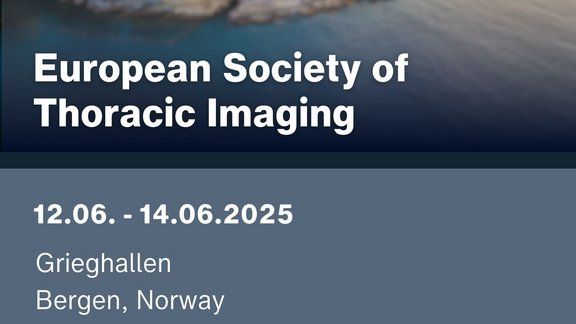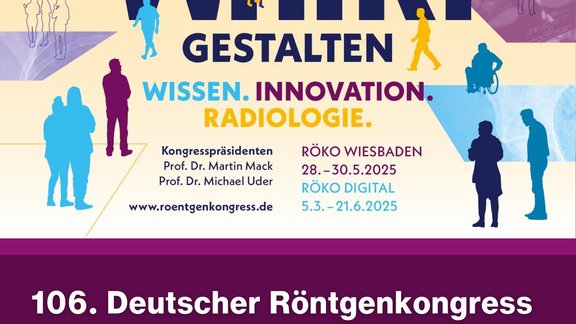Imaging registries are transforming the landscape of medical research and clinical quality by enabling the systematic collection, organization, and analysis of imaging data from hospitals, research centers, and clinical trials. Mint Medical, through its flagship platform mint Lesion, offers a powerful, standardized solution for driving high-quality imaging registries that support research, regulatory reporting, training, and real-world evidence generation.
Medical imaging registries serve as centralized hubs that consolidate multi-source data such as monitoring clinical outcomes, enabling advanced research and biomarker discovery, as well as fulfilling regulatory, health-learning network and quality assurance needs.
At the heart of successful imaging registries is structured reporting and lesion tracking—key enablers of consistent, longitudinal, and clinically meaningful data.
Key Capabilities for Registry Integration:
- Structured, AI-Ready Data Capture:
Standardizes image annotations and clinical context using indication-specific templates (e.g., RECIST, PI-RADS), enabling interoperability and downstream analysis. - Advanced Image Analysis Tools:
Supports volumetric assessments, tumor burden quantification, density metrics, and radiomics for deep phenotyping and treatment response evaluation. - Longitudinal Lesion Tracking:
Tracks all disease findings across timepoints with semantic linkage to image findings. - Centralized Review & Quality Control:
Facilitates centralized review from multiple participating centers and quality review across sites—contributing to data integrity and reproducibility. - Automated Reporting & Export:
Generates standardized radiology reports and structured datasets for research publications and collaborative studies.
Data Sharing & Registry Integration Workflow
mint Lesion enables secure, compliant integration with centralized imaging registries:
- On-Premise Upload & De-Identification:
Institutions can upload and de-identify data locally following DICOM NEMA standards, preserving PHI protection and regulatory compliance. - Data Transmission & Central Hosting:
De-identified imaging data is securely transmitted to the registry sponsor for centralized storage, research analysis, training, and quality review. - Insight Generation & Analysis:
The organizing partner can evaluate imaging collected in the registry to uncover new insights, generate publications, develop training programs, and inform future innovations. - Collaboration & Data Sharing
Registry partner sites can collaborate across institutions to enable pooled data research, foster multi-site analyses, and support joint publications—amplifying the scientific impact and generalizability of registry findings.
mint Lesion is more than just a radiology platform—it’s a comprehensive solution for transforming medical imaging into structured, analyzable, and actionable data. Whether for real-world registries, clinical trials, multi-centric investigator initiated studies or research collaborations, Mint Medical empowers institutions and sponsors to extract significant value from imaging data—supporting clinical innovation, regulatory success, and healthcare processes.
Learn more about mint Lesion in multi-centric research and registries:
- 2019 - MROC: The Impact of mpMRI on the Staging and Management of Patients with Suspected or Confirmed OC
- 2020 - German National COVID-19 Big-data Registry
- 2022 - The Bavarian Oncological Radiology Network – Standardized Imaging for Improved Cancer Care
- 2025 - RACOON-RESCUE is Advancing Pediatric Non-Hodgkin Lymphoma Care



